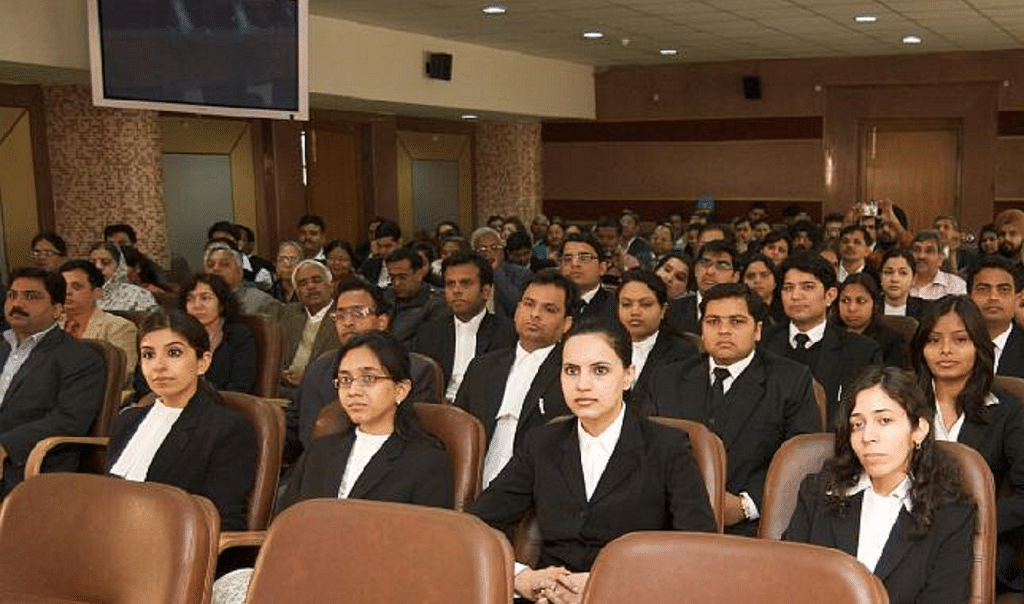New Delhi: In a recent submission to the Supreme Court, Attorney General K.K. Venugopal noted that the Indian judiciary needed more woman judges to eliminate the “insensitive approach” of courts towards cases of sexual violence.
On Wednesday, Venugopal highlighted a massive lag in gender representation that the judiciary as a whole is currently facing.
The attorney general had made the submission to a bench comprising Justice Khanwilkar and Justice S. Ravindra Bhat who were hearing an appeal filed by nine women lawyers seeking regulation of bail conditions in rape, molestation and attempt to rape cases.
Venugopal highlighted that there were only two woman judges on the Supreme Court as opposed to the sanctioned strength of 34 judges in total.
And this has been a trend for many years in the top court.
Since its inception 70 years ago, only eight woman judges have been appointed to the Supreme Court. Justice Fathima Beevi was the first woman SC judge and she was appointed in 1989, 40 years after its establishment.
Since 1989, only seven other women were appointed as judges of the Supreme Court — Justice Sujatha Manohar, Justice Ruma Pal, Justice Gyan Sudha Misra, Justice Ranjana Prakash Desai, Justice Banumathi, Justice Indu Malhotra and Justice Indira Banerjee.
Furthermore, only two woman judges — Justice Ruma Pal and Justice R. Banumathi — have been part of the top court’s collegium, a high-powered body responsible for appointing judges to high courts.
Also read: SC collegium willing, this Karnataka judge could become first woman Chief Justice of India
Woman judges in high courts
In the high courts too, female representation is minuscule.
Across the 26 high courts in India, there are only 82 woman judges out of the total 1,079 judges.
Only the common high court for Jammu and Kashmir and Ladakh has a woman judge as its chief justice. Justice Gita Mittal was appointed as chief justice in August 2018 and is due to demit office on 8 December.
At present, the Madras High Court has the highest number of woman judges in the country at 13 judges, four of whom were appointed Thursday morning. This is followed by the Punjab and Haryana High Court, which has 11 woman judges.
There are eight woman judges each in Delhi and Bombay HCs while there is only one woman judge each in Gauhati, Himachal Pradesh, Jammu and Kashmir, Jharkhand, Rajasthan and Sikkim HCs.
The high courts of Manipur, Meghalaya, Patna, Tripura, Telangana and Uttarakhand have no sitting woman judge.
Also read: 3 women lawyers resolved India’s biggest insolvency case. Now they want more women in courts
Appointment of women as senior advocates
Venugopal’s submissions Wednesday also talked about gender disparity in designation of lawyers as senior advocates — a title conferred by the Supreme Court or a high court on a lawyer for his or her experience in the bar.
The AG said even though the number of females enrolled in law school is equal to males, not many women lawyers get designated as seniors.
There are only 17 women senior advocates in the top court, as opposed to 403 men, his submissions claimed.
Meanwhile, in the Delhi High Court, there are only eight women designated as seniors while 229 men have been conferred with the tag.
In the Bombay High Court, there are 157 male senior advocates and only six women senior lawyers.
‘Collegium representation needs to improve’
Legal experts ThePrint spoke to agreed with Venugopal’s suggestion that gender disparity within the Indian judiciary can only be tackled by appointing more women at all levels.
According to SC advocate Yugandhara Pawar Jha, a focused attempt is required to bridge this gap, which will not only ensure enhanced capabilities of the judiciary but also the depth and foundational growth that it truly needs.
Bombay HC advocate Prosper D’Souza also noted that women have broken the ceiling in all spheres of life and the judiciary should be no exception.
“This is not to suggest that there should be reservations for woman judges in appointments. Many legislations have provisions to uplift and empower women. There exists a grave need for such provisions in the appointment of lady judges,” he told ThePrint.
D’Souza added that female representation needs to be strengthened in collegiums of the Supreme Court and high courts foremost.
Only the top three SC judges are part of the top court’s collegium, whereas the top three in a high court form the collegium there. This system of appointment came into place in 1993.
Also read: Sexism in Indian judiciary runs so deep it’s unlikely we will get our first woman CJI
